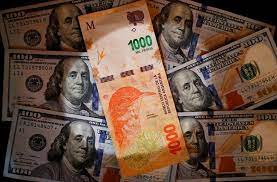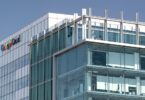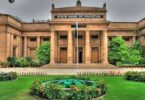Buenos Aires (Reuters): Argentina’s central bank hiked its benchmark interest rate 10 percentage points to 91% on Thursday, two bank sources and traders said, as it tries to tame high inflation and steady the peso currency, which has tumbled in black market trading.
With Argentina’s inflation rate running at more than 100%, the country’s central bank had already hiked the rate last week by 300 basis points to 81% in an effort to get it under control.
“A rise of 1,000 basis points is expected and the Leliq (rate) will go up to 91%,” one bank source told Reuters, adding: “Today the BCRA (central bank) shakes up the rate.”
A second source, an adviser at the central bank who asked not to be named, said its board had agreed to hike the rate to 91%. The official SIOPEL electronic trading platform for banks reflected the increase and traders confirmed it.
News of the sharp rate hike lifted the peso currency in the black market , which strengthened 1.3% to 463/468 per dollar on Thursday, although it was still over 100% off the official exchange rate of 222 per dollar.
A higher interest rate offers more incentives to savers to keep their funds in pesos, strengthening the local currency, but weighs on borrowing and economic growth.
“The rate increase is a promising measure, but late,” said Sergio Chouza from the Sarandí consultancy.
Leonardo Chialva, another analyst, said the move would be a “patch” that could bring calm to the markets for now but wouldn’t fix the root issues, especially with the government under pressure to spend ahead of general elections in October.
“The underlying problem is the fiscal one, and the cure needed is difficult to pull off in an election year.”
Argentina, a major global grains and beef supplier, is battling inflation that topped 104% in March, with analysts predicting prices will rise this year by some 110%-130%. The peso currency is also quickly losing value against the dollar.
The South American country has a $44 billion loan program with the International Monetary Fund (IMF), which includes targets to have a positive real interest rate, rein in inflation and build up its scant foreign currency reserves.







